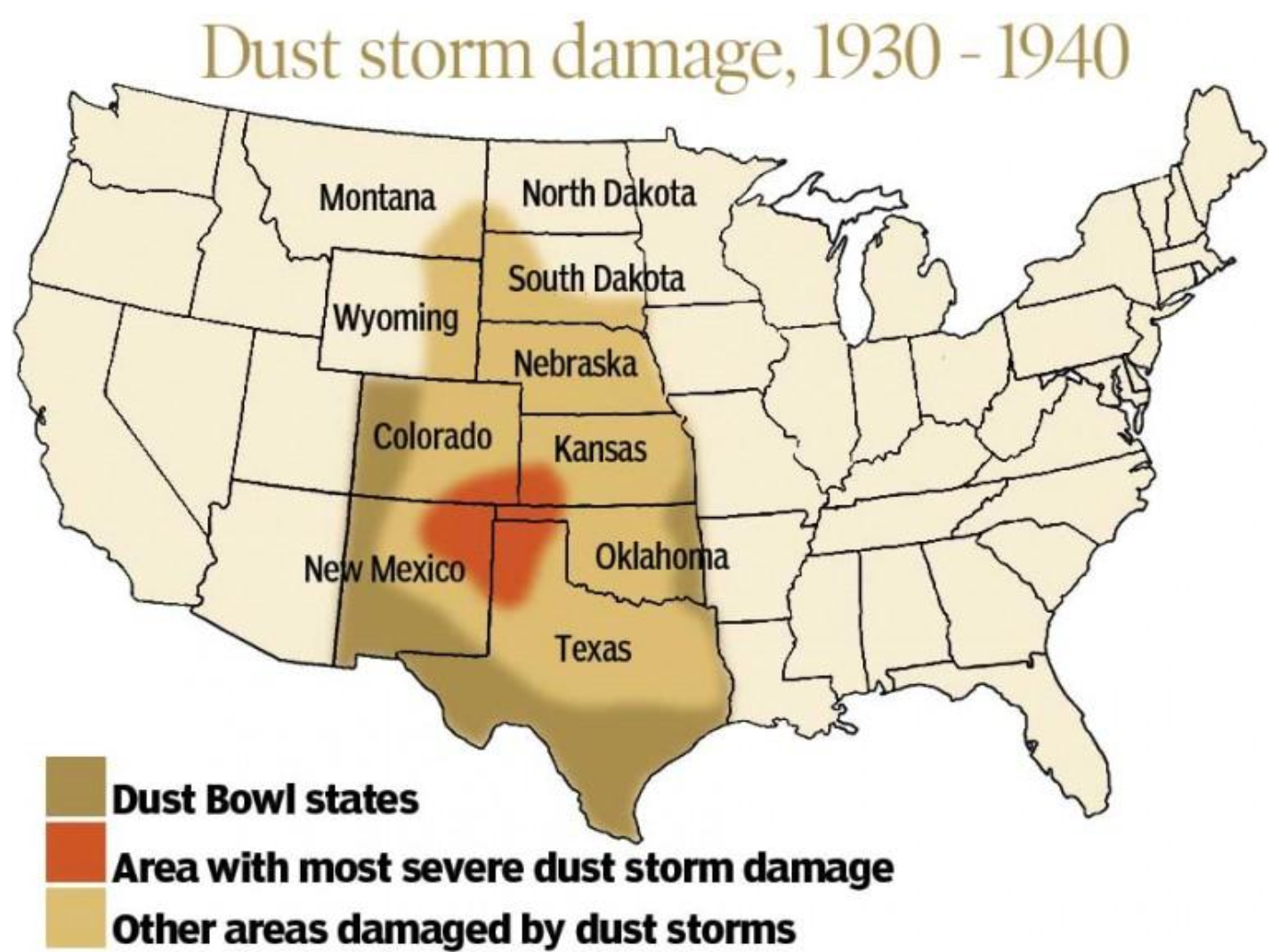Choose one of the following two reading suggestions to expand on:
1) Recall what you learnt in your Philosophy classes in Secondary School about Immanuel Kant's Criticism of Pure Reason and his concept of Transcendental Knowledge (this post in another blog may refresh your memory, http://euliteratura.blogspot.pt/2016/10/the-copernican-revolution-in-knowledge.html) and explain how his ideas illuminate certain passages of Emerson's text.
2) Considering that the essay was written in 1836, what aspect(s) do you think were novel in Emerson's conception of Nature? What about today? Which. are novel and which may be problematic?



Kant’s theory states that we cannot know objects in themselves, due to the fact that these can only be apprehended in the a priori forms of space and time. According to this theory, all knowledge is transcendental, that is concerned not so much with the object, but with our way of knowing the object, if this should be possible a priori.
ReplyDeleteThis consideration about knowledge is the basis for Idealism, a philosophical theory that defends that whatever exists is mainly known through ideas: “In my utter impotence to test the authenticity of the report of my senses (...) it is ideal to me, so long as I cannot try the accuracy of my senses.” -Idealism refutes empiricism which claims that knowledge is accessed through sensory experiences.
Transcendentalism emphasizes the spiritual over the material: “Thus even in physics, the material is degraded before the spiritual.”
Kant argues that in a rather perfect world we would be able to truly know objects a priori, that is, without experiencing or observing them first, rather than a posteriori. Emerson also shares this belief, claiming that “empirical experience is apt to cloud the sight” (p. 36), in other words, he defends that empirical science, which is based on detailed observation, studies individual objects, but fails to place them back into their natural surroundings, in that way viewing them only in its singularity rather than as a piece of a larger whole (“Nothing is quite beautiful alone; nothing but is beautiful in the whole. A single object is only so far beautiful as it suggests this universal grace.”, pp. 13 and 14). Furthermore, Emerson supports his claim by saying that it is not possible to absolutely prove that what our senses perceive is real (the theory of Idealism: “In my utter impotence to test the authenticity of the report of the senses”, p. 26).
ReplyDelete